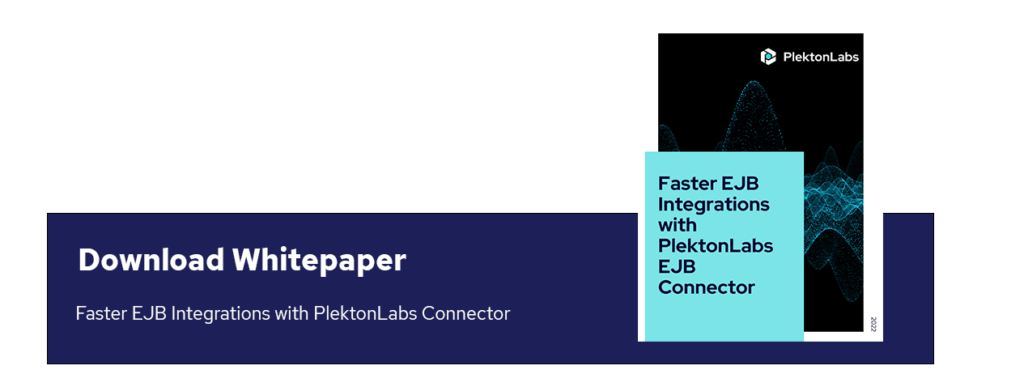Nothing bogs down the banking industry like operations and processes crawling at an interminably slow pace. Especially nowadays, when stakeholders and business leaders need and expect results at a moment’s notice. In other words, slow-moving IT with inconsistent delivery, in general, can spell major trouble for organizations in the banking sector.
This week’s blog post will examine the long and short-term effects slow IT processes can have on financial institutions. These effects will paint the larger picture of the implications this can have for the business in question, and just how deeply slow-moving technology can damage an organization’s functionality, reputation, and technological operations.
How Slow-Moving IT Impacts the Finance Sector
The following are just a couple of ways that information technology moving at a less-than-optimal pace can have a negative effect on businesses in the financial sector. When time is of the essence and money is involved, an enterprise needs to have a high degree of accuracy, instinctual responses, and IT processes that move in real-time. And with slow-moving IT, these are not possible, causing the business to suffer.
Ineffective IT Team
Few things out there anger a bank’s IT delivery team other than feeling ineffective and unable to get their job done. Thanks to slow-moving tech, IT will take longer to develop tools and services and deliver when and how they need to. This in turn sets off a hailstorm of effects, where the institution loses time, money, opportunities, and even the ability to make the right decisions.
Slow IT can also affect the way external players interact with your organization and employees, affecting every dimension of the customer experience.
Decreased ROI
A more dramatic effect, bound to attract attention from upper management is a drop in the return on investment. When IT is unable to deliver on time and keep up with the speed of operations and processes, a business will not be able to capitalize on the money and resources it has invested. In addition, it can affect the potential revenue of the enterprise. So even if there is an increase in investments or sales, the enterprise will not be able to see any gains because what they have in terms of resources, they lose in terms of output and revenue. In other words, slow tech is a sinkhole into which a business loses out on its investments, instead of utilizing them to grow. In the long run, this will greatly damage and prevent business growth.
Loss of Innovation
With slow-moving technology, IT staff will be pouring in time, energy, and all kinds of resources trying to speed things up, fixing processes or operations, maintaining a faulty system, or in a vain attempt to make up for the lost time. They may also spend extra time trying to compensate for the speed and consistency of their poor delivery. The end result? Time wasted which could be spent brainstorming for new and exciting campaigns, solving more important problems, and coming up with fresh and unique ideas that will help the enterprise. And financial organizations need employees with a sharp intuition who solve tomorrow’s problems a day ahead, not a team struggling to make IT processes move along a little faster.
Plummeting Morale
In line with the previous issue, the very same employees may be struggling with poor motivation and a reluctance to work. Slow-moving IT can affect the mood and very culture of the organization. Employees who are tied down with IT that refuse to move are less likely to thrive and be satisfied with their work. Feeling unfulfilled will also result in poor productivity, and like your customers, your employees will begin to leave as well.
Final Say
While these effects can seem worrying, slow-moving IT in the banking sector doesn’t mean an automatic death sentence for your business. Once you know the effects and how they can mess up your organization, you are already on the right path. The next step is to find the causes behind your slow technology and take the necessary measures to fix them, making sure it doesn’t become a recurring problem. Once your IT is back on the fast track, you’ll be able to keep up with the challenges of the financial sector and turn your losses into big ones. And if you need help getting your technology up to speed, PlektonLabs has experts and a whole host of Delivery Services to help you out.




